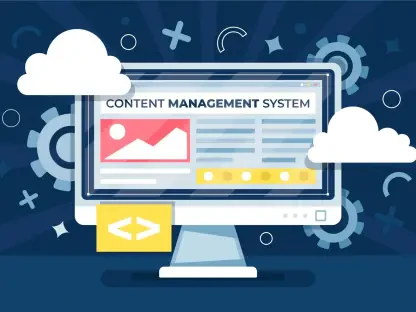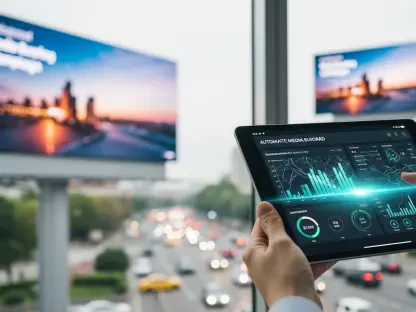The research conducted by The Marketing Practice and Marketing Week in the last couple of years has highlighted the drivers of effectiveness in the B2B landscape. Their survey from last year revealed that a long-term mindset is linked to business success and effectiveness—the respondents with long-term mindsets were the ones outperforming their peers.
However, according to a study, since 2019, the number of B2B marketers devoting more than 60% of their budget to long-term goals has reduced from 21% to just 9%.
Researchers Les Biner and Peter Field advise B2B companies to spend approximately 46% of their budget on long-term initiatives and 54% on short-term sales activation.
“I worry that B2B marketing is becoming, a glorified arm of the sales team … too focused on short-term outcomes … obsessed with statistics the finance people can understand. That’s not where the value is.” – Edd Southerden, head of planning, Bray Leino.
In the context of a worldwide crisis, how can B2B professionals balance long-term approaches with the pressure for results and the uncertainty created by the pandemic?
There’s no denying that most businesses are pressured to think short-term at the moment, and this indeed should not be ignored.
“Marketing works best when it follows a long-term strategy, but the operating model must be based on short feedback loops.”
Despite this increasingly high pressure, it’s been showed that a long-term way of conducting business models pays dividends even during times of economic crisis. The secret here is to discover the proper areas that can support the business in the near term and avoid sacrificing long-term sustainability.
“By focusing on pipeline acceleration and conversion, B2B marketers can effectively support the short-term needs of the business.”
The recession is pressuring businesses to transform their working models and operating practices, which might lead to plenty of favorable sales opportunities. Indeed, leads might seem promising, but allocating smaller budgets and reducing spend won’t really help them convert. What can be done instead is to focus on a deeper goal by addressing the challenge of pipeline acceleration—a highly targeted strategy based on robust business cases that is very compatible with sales initiatives.
This pipeline conversion strategy supports B2B marketers in effectively supporting the short-term requirements of the business. However, more targeted funnels mean you risk compromising longer-term communications strategies.
What works better in B2B: differentiation or distinctiveness?
There has been a lot of debate regarding which is the smart thing to do in B2B, differentiation or distinctiveness? Differentiation means being meaningfully different, while distinctiveness refers to being meaninglessly distinct.
There’s research that shows that 56% of decision-makers agree or strongly agree with the claim that they are well differentiated. What is interesting is that according to the same study, 78% of those who claimed to have both differentiation and distinctiveness outperformed their competitors over the last two years.
Conclusion
Due to the worldwide crisis that has just started, the tendency will be to give in to the pressure and embrace short-term approaches, which is likely to undermine business outcomes. It looks like those who find the balance between addressing both short and long-term goals will be the ones who thrive. By using a strong strategy of distinctiveness and by leveraging highly targeted and data-driven practices, B2B companies can position themselves on the right track to success.









